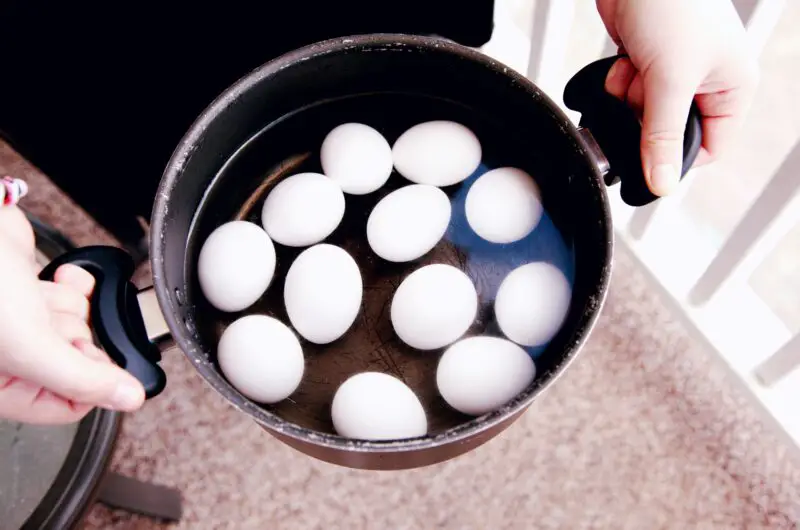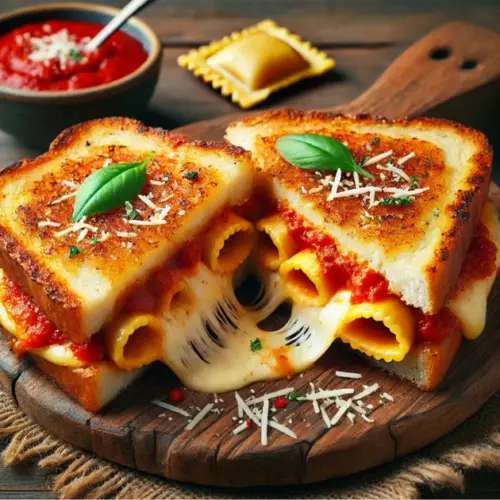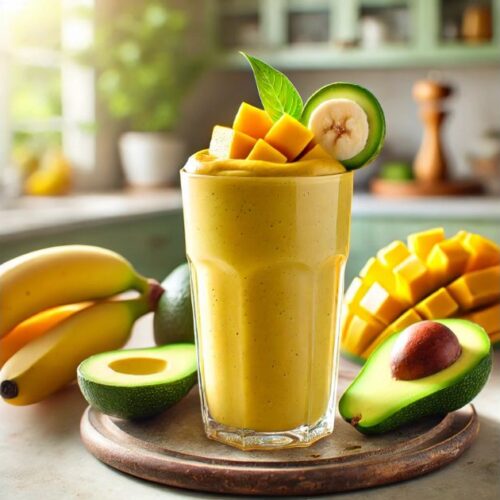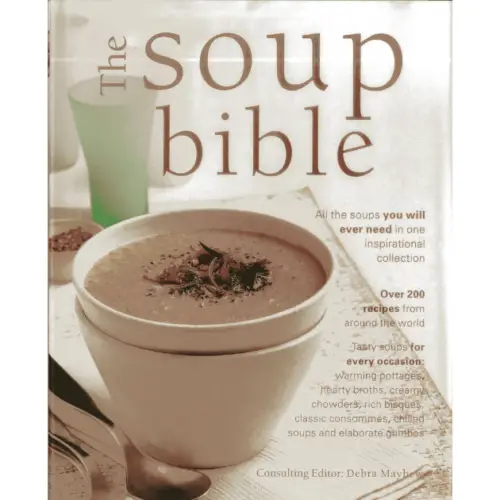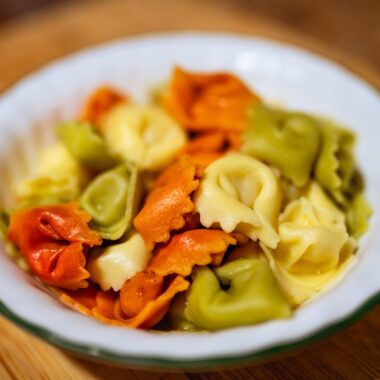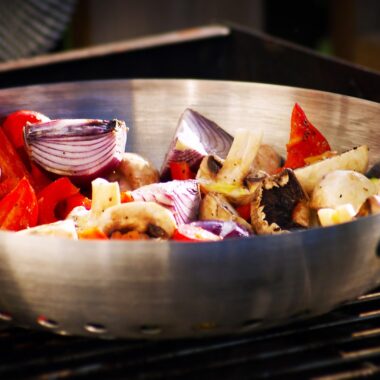Eggs are a kitchen staple, versatile and packed with nutrients, but their shelf life can be a challenge. Whether you’re dealing with a surplus from a backyard coop or a bulk purchase, freezing eggs can extend their usability far beyond their typical fridge life. But can you freeze eggs effectively, and does it matter if they’re raw or cooked? This article dives deep into the process of freezing eggs, comparing raw and cooked methods, exploring best practices, and addressing common questions to help you make informed decisions.
Why Freeze Eggs?
Eggs, whether raw or cooked, have a limited shelf life. Fresh eggs in their shells last about a month in the refrigerator, while cooked eggs (like hard-boiled) last only about a week. Freezing offers a way to preserve eggs for months, reducing waste and ensuring you have eggs on hand for cooking, baking, or meal prep. Freezing eggs can be particularly useful for:
- Bulk buyers: If you purchase eggs in large quantities, freezing prevents spoilage.
- Seasonal surpluses: Backyard chicken owners often face egg gluts during peak laying seasons.
- Meal preppers: Frozen eggs can streamline cooking processes.
- Specialty recipes: Freezing yolks or whites separately can save time for recipes requiring only one component.
However, the approach to freezing eggs depends heavily on whether they’re raw or cooked, as each state has unique considerations for safety, texture, and usability.
Freezing Raw Eggs
Raw eggs can be frozen, but not in their shells. The high water content in eggs causes them to expand when frozen, which can crack the shell and introduce bacteria, like Salmonella, into the egg. Here’s how to freeze raw eggs safely and effectively.
Whole Raw Eggs
To freeze whole raw eggs (yolks and whites together), follow these steps:
- Crack and Mix: Crack the eggs into a bowl and gently whisk to combine the yolks and whites. Avoid incorporating too much air to maintain texture.
- Add Stabilizers (Optional): For every cup of eggs (about 4-5 large eggs), consider adding 1/2 teaspoon of salt (for savory dishes) or 1 tablespoon of sugar (for sweet dishes). This helps prevent the yolks from becoming gel-like during freezing.
- Portion: Pour the mixture into freezer-safe containers or ice cube trays for smaller portions. Each cube typically holds about 2 tablespoons, equivalent to one egg.
- Label and Freeze: Mark containers with the date, number of eggs, and any added ingredients. Freeze for up to 10-12 months.
Egg Yolks
Freezing egg yolks alone requires extra care because they can thicken or gel when frozen due to their high fat content. To freeze yolks:
- Separate: Carefully separate the yolks from the whites, ensuring no white remains.
- Stabilize: For every 4 yolks (about 1/4 cup), mix in 1/8 teaspoon of salt or 1.5 teaspoons of sugar, depending on intended use.
- Portion and Freeze: Place in freezer-safe containers or ice cube trays, label with the date and additives, and freeze for up to 10-12 months.
Egg Whites
Egg whites freeze well without additives, as they have a simpler structure. To freeze:
- Separate: Ensure no yolk contaminates the whites, as even a small amount can affect texture.
- Portion: Pour into freezer-safe containers or ice cube trays. One cube typically holds one egg white (about 2 tablespoons).
- Label and Freeze: Mark with the date and freeze for up to 10-12 months.
Thawing Raw Eggs
To use frozen raw eggs, thaw them in the refrigerator overnight or under cold running water for quicker results. Never thaw at room temperature to avoid bacterial growth. Use thawed eggs immediately, and only cook them thoroughly—frozen raw eggs should not be consumed raw due to potential bacterial risks.
Best Uses for Frozen Raw Eggs
Frozen raw eggs work well in:
- Baking (cakes, cookies, muffins)
- Scrambled eggs or omelets
- Custards or sauces (if stabilized properly)
- Batters for breading or frying
However, the texture may slightly change after freezing, so they may not be ideal for recipes requiring a precise consistency, like soufflés.
Freezing Cooked Eggs
Cooked eggs present different challenges when freezing. The method depends on how the eggs are prepared—hard-boiled, scrambled, or used in dishes like casseroles.
Hard-Boiled Eggs
Freezing whole hard-boiled eggs is not recommended. The whites become rubbery and watery upon thawing, making them unpalatable. However, you can freeze hard-boiled yolks:
- Separate Yolks: Peel hard-boiled eggs and remove the yolks.
- Pack and Freeze: Place yolks in a freezer-safe bag or container. For better texture, some suggest lightly coating yolks in oil before freezing to prevent drying.
- Label and Freeze: Mark with the date and freeze for up to 3 months.
Thawed hard-boiled yolks can be used in deviled eggs, egg salad, or as a garnish, but they may be slightly crumbly.
Scrambled Eggs
Scrambled eggs can be frozen, though the texture may become slightly grainy or watery after thawing. To freeze:
- Cook: Prepare scrambled eggs as desired, slightly undercooking them to avoid overcooking when reheated.
- Cool: Let the eggs cool completely to prevent condensation in the freezer.
- Portion and Freeze: Place in freezer-safe containers or bags, removing as much air as possible. Freeze for up to 3-6 months.
- Reheat: Thaw in the refrigerator and reheat gently on the stovetop or microwave with a splash of milk or butter to restore moisture.
Egg-Based Dishes
Dishes like quiches, frittatas, or egg casseroles freeze better than standalone cooked eggs because other ingredients (cheese, vegetables, meats) help maintain texture. To freeze:
- Cook and Cool: Prepare the dish and let it cool completely.
- Wrap Tightly: Use freezer-safe wrap or containers to prevent freezer burn. For whole dishes, double-wrap in plastic wrap and foil.
- Label and Freeze: Mark with the date and freeze for up to 2-3 months.
- Reheat: Thaw in the refrigerator and reheat in the oven at 350°F (175°C) until warmed through.
Best Uses for Frozen Cooked Eggs
Frozen cooked eggs or egg dishes are best for:
- Quick breakfasts (reheated scrambled eggs or frittatas)
- Meal prep (portion-controlled casseroles)
- Fillings or toppings (hard-boiled yolks for salads)
Avoid freezing cooked eggs for dishes where texture is critical, like egg sandwiches with hard-boiled whites.
Safety Considerations
Freezing eggs, whether raw or cooked, requires attention to food safety:
- Cleanliness: Always work with clean hands, utensils, and containers to avoid contamination.
- Temperature: Freeze eggs at 0°F (-18°C) or lower to ensure safety and quality.
- Storage Time: Raw eggs can last up to 12 months in the freezer, while cooked eggs are best used within 3-6 months for optimal flavor.
- Thawing: Thaw only in the refrigerator or under cold water, and use immediately to minimize bacterial growth.
- Avoid Refreezing: Once thawed, eggs should not be refrozen, as this increases the risk of spoilage and texture degradation.
Comparing Raw vs. Cooked Eggs for Freezing
| Aspect | Raw Eggs | Cooked Eggs |
|---|---|---|
| Freezing Method | Whole, yolks, or whites; requires stabilizers for yolks | Hard-boiled yolks, scrambled, or dishes; whites not recommended |
| Texture After Thawing | Slightly altered but usable for most recipes | Often watery or rubbery, especially whites |
| Storage Duration | Up to 12 months | Up to 3-6 months |
| Best Uses | Baking, cooking, sauces | Meal prep, casseroles, yolk-based dishes |
| Preparation Effort | Moderate (mixing, portioning) | Low to moderate (cooling, wrapping) |
| Safety Concerns | Must be cooked after thawing | Minimal, but texture impacts usability |
Raw eggs are more versatile for freezing due to their longer storage life and broader usability in recipes. Cooked eggs, while convenient for quick meals, have a shorter freezer life and more noticeable texture changes, particularly with hard-boiled whites.
Tips for Success
- Use Ice Cube Trays: For both raw and cooked eggs, ice cube trays make portioning easy. Once frozen, transfer cubes to a freezer bag to save space.
- Label Everything: Always note the date, quantity, and any additives (salt, sugar) to avoid confusion later.
- Test Small Batches: If you’re new to freezing eggs, start with a small batch to ensure the results meet your expectations.
- Combine with Other Ingredients: Freezing eggs in dishes (like casseroles) often yields better results than freezing eggs alone.
- Check Freezer Temperature: Ensure your freezer maintains a consistent 0°F (-18°C) to preserve quality.
Common Questions About Freezing Eggs
Can You Freeze Eggs in Their Shells?
No, freezing eggs in their shells is unsafe. The expansion of the egg’s contents can crack the shell, allowing bacteria to enter. Always remove eggs from their shells before freezing.
How Can You Tell If Frozen Eggs Have Gone Bad?
Thawed eggs should smell fresh and have no off odors (sour, sulfurous, or rotten smells). If the texture is slimy or the color is unusual, discard them. Always cook thawed raw eggs thoroughly to ensure safety.
Can You Freeze Egg Substitutes?
Yes, commercial egg substitutes (like liquid egg whites or yolk-free products) can be frozen in their original containers if unopened or in freezer-safe containers if opened. Follow the manufacturer’s guidelines for storage times.
Are Frozen Eggs as Nutritious as Fresh?
Freezing preserves most of the nutritional content of eggs, including protein, vitamins, and minerals. However, overcooking thawed eggs can slightly reduce some heat-sensitive nutrients, like vitamin B12.
Can You Freeze Egg Wash?
Egg wash (eggs mixed with water or milk for brushing on pastries) can be frozen, but it’s best to freeze the eggs alone and prepare the wash fresh when needed, as the added liquid can affect texture.
Practical Applications and Recipes
To illustrate the versatility of frozen eggs, here are two simple recipes using thawed raw and cooked eggs:
Recipe 1: Thawed Raw Egg Muffins
Ingredients:
- 6 thawed raw eggs (about 1.5 cups)
- 1/2 cup milk
- 1 cup shredded cheese
- 1/2 cup diced vegetables (e.g., bell peppers, spinach)
- Salt and pepper to taste
Instructions:
- Preheat oven to 375°F (190°C).
- Whisk thawed eggs with milk, salt, and pepper.
- Stir in cheese and vegetables.
- Pour into a greased muffin tin, filling each cup 3/4 full.
- Bake for 20-25 minutes until set. Serve warm or freeze for later.
Recipe 2: Thawed Hard-Boiled Yolk Deviled Eggs
Ingredients:
- 6 thawed hard-boiled yolks
- 2 tbsp mayonnaise
- 1 tsp mustard
- 1 tsp vinegar
- Paprika for garnish
Instructions:
- Mash thawed yolks with a fork.
- Mix in mayonnaise, mustard, and vinegar until smooth.
- Spoon or pipe into serving dishes or halved egg whites (if available).
- Sprinkle with paprika and serve.
Conclusion
Freezing eggs, whether raw or cooked, is a practical way to extend their shelf life and reduce waste. Raw eggs are more versatile, with a longer freezer life and broader culinary applications, while cooked eggs are better suited for specific dishes like casseroles or yolk-based recipes. By following proper freezing, thawing, and safety guidelines, you can ensure your eggs remain safe and usable for months. Whether you’re a home cook, a meal prepper, or a backyard farmer, mastering the art of freezing eggs can save time, money, and resources while keeping your kitchen stocked with this essential ingredient.
